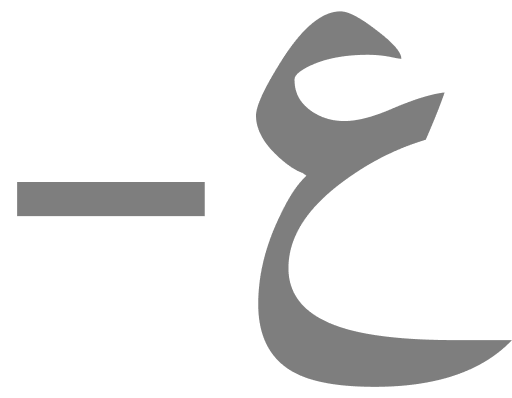What will Trump change?


It has become commonplace to say that every electoral entitlement is the most important in our lives, but the confrontation between Biden and Trump is indeed so, as it will represent a referendum on the future of America’s role in the world. Since World War II, the United States has played an irreplaceable leadership role in the world, and it continues to play this role today.
The military action it is carrying out in Yemen can be seen with its allies to protect navigation through the Bab al-Mandab Strait. Other American forces are also providing protection, from Poland to South Korea. There are 171,000 American soldiers distributed among 750 bases in 80 countries.
Although we lost three soldiers in a drone attack targeting an American base in Jordan recently, most of these deployments maintain the peace without incurring any casualties. In addition to being the “policeman of the world,” the United States is also the world’s premier diplomat, leading efforts related to public health, climate change, and human rights.
Since Franklin Roosevelt, American presidents have believed that the United States must exercise international influence for its own benefit and for the benefit of the world, but Trump underestimated the importance of the two pillars on which American foreign policy has been based since the end of the war, that is, free trade agreements and security alliances. In his first term, Trump was not able to undermine 70 years of American global leadership, but he weakened it, as he withdrew from the Paris Climate Agreement, the Trans-Pacific Partnership Agreement, the Iranian nuclear agreement, etc., and tried to withdraw all American forces from Syria and about a third of them from Germany. He also temporarily obstructed the delivery of weapons to Ukraine, and declared a trade war against China, which cost the American economy significant losses. It is true that his foreign policy record achieved some successes, but in general he moved from one mistake to another.
In his dealings with North Korea, for example, he moved from threatening war to exchanging “love letters” with Kim Jong Un. According to Thierry Breton, an EU official, Trump told EU leaders in 2020 that “if Europe is attacked, we will not come to your aid” and that “NATO is dead and we will get out of it.” John Bolton wrote in The Hill newspaper last August that “Trump’s approach to decision-making borders on irrationality,” and that he views American relations “as personal matters,” and so he tends toward foreign leaders who flatter him!
Trump has adopted isolationist and protectionist views, but he did not achieve the success he sought in implementing his philosophy the first time. The danger lies in the fact that he will become more effective in his second presidential term. The result may be the end of the American era of power. Then we may enter a chaotic post-American world, where rogue states attack with impunity, democracies withdraw into themselves in fear, and trade relations weaken.
Sea lanes under attack may become the norm rather than the exception, and all of this will cost the American economy. The prevailing belief is that foreign policy does not decide the American elections, but the choice has rarely been this complex. However, the November presidential elections will decide whether America will continue the international foreign policy it has pursued since 1945 or risk returning to the isolationist policy it adopted before the Pearl Harbor attack.
Published by special arrangement with the Washington Post Licensing and Syndication Service.
*Writer, political analyst, and fellow at the US Council on Foreign Relations
#Trump #change
